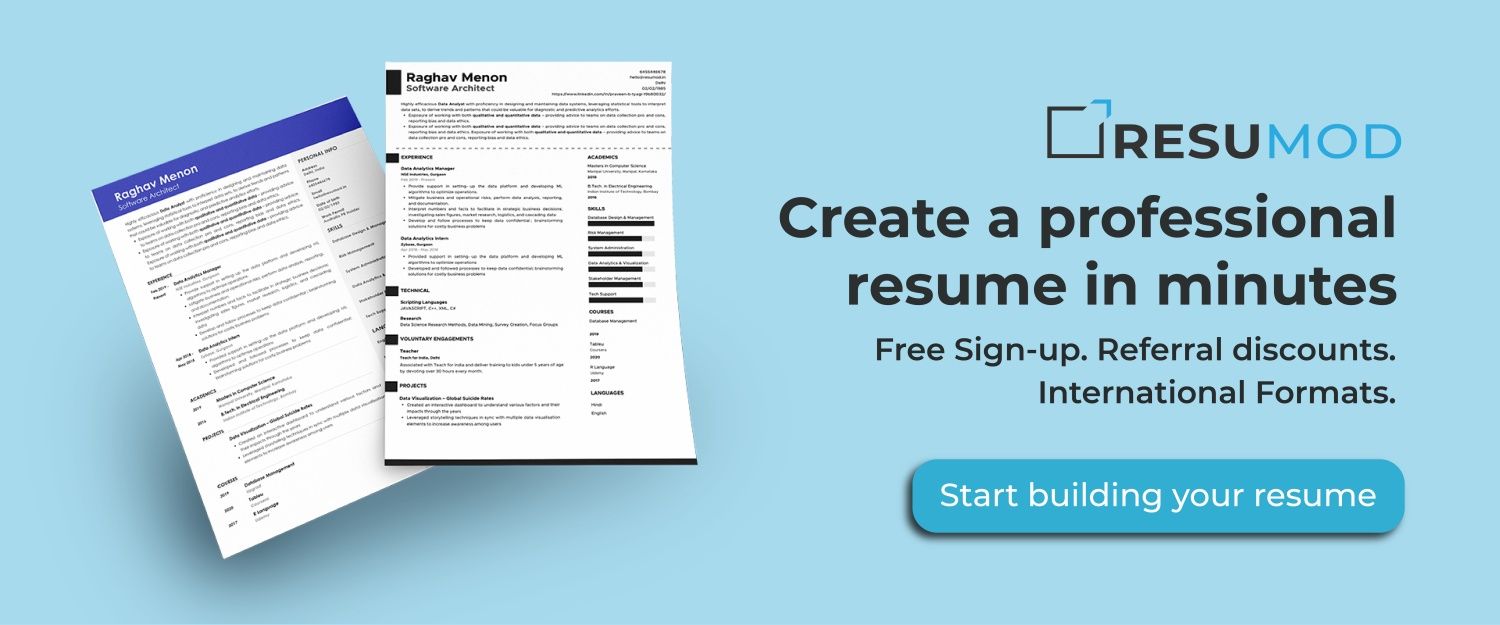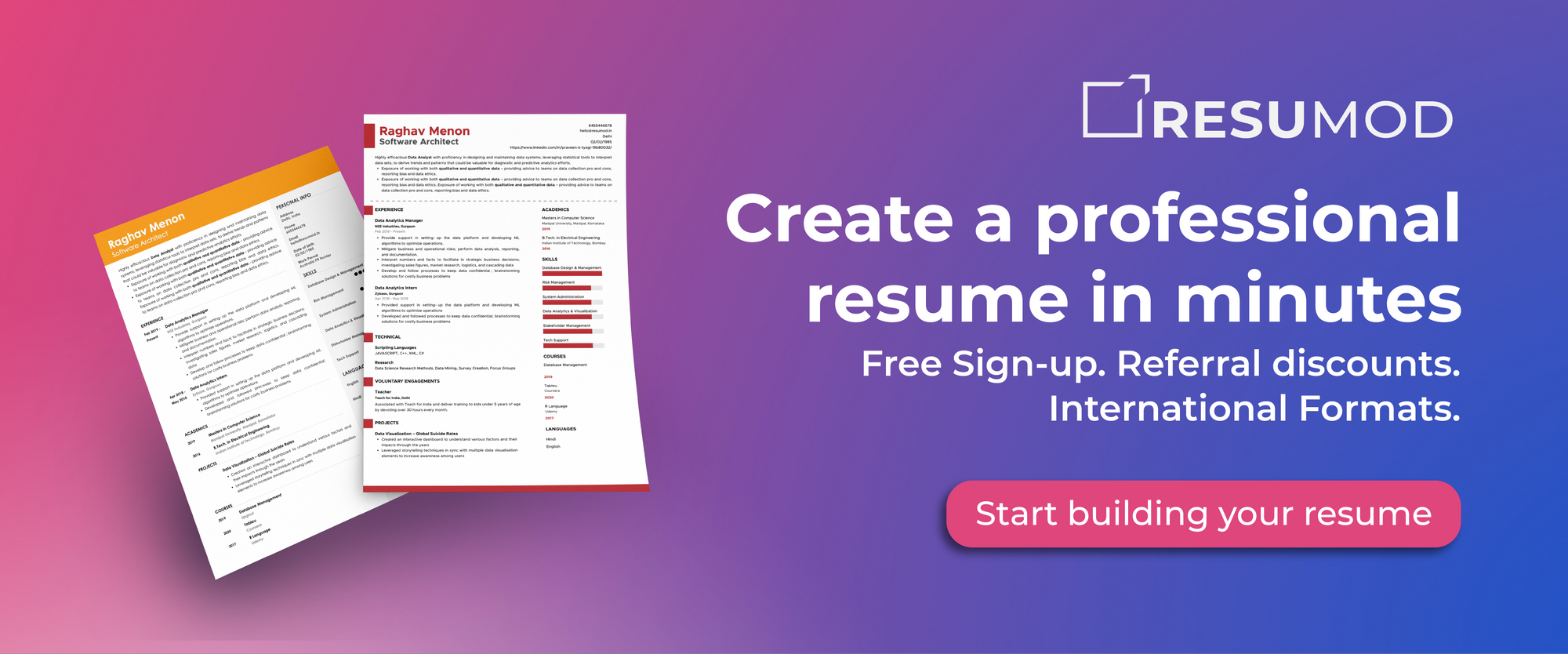Gender Gap in Pay Talks: 1 in 3 Women Held Back by Intimidation
Recent data reveals that 33% of women feel intimidated during pay negotiations - causing them to either under-ask or avoid the conversation entirely.
Imagine being at the peak of your career, armed with over a decade of experience, a track record of achievements, and undeniable value and still feeling apprehensive about initiating a conversation around your compensation.
Unfortunately, that is the reality for 1 in 3 women in the workforce today. Recent data reveals that 33% of women feel intimidated during pay negotiations - causing them to either under-ask or avoid the conversation entirely.
This is not just a confidence issue. It is a systemic pattern fuelled by bias, outdated norms, and cultural conditioning that continues to impact even the most seasoned professionals.
Let us unpack why this happens and more importantly, how we begin to change it.
The Unspoken Barrier at the Negotiation Table
Negotiation is often treated like a performance - one where you are expected to stay composed, confident, assertive. But here is the catch: what is perceived as assertive in a man is often labelled aggressive in a woman.
This double standard subtly conditions women to:
- Soften their language (‘If it’s okay, I’d like to ask…’)
- Justify their asks excessively (‘Because I’ve done X, Y, Z…’)
- Or skip the conversation altogether.
It is not a lack of skill or preparation. It’s the mental toll of being penalized for the very behaviour that is rewarded in their male counterparts.
The Data Does Not Lie
A 2023 report found that while 60% of men negotiate their salaries, only 39% of women do the same. Of those who do not negotiate, a third cited fear of appearing pushy or ungrateful as the primary reason.
What is more concerning is that this trend holds steady regardless of tenure, seniority, or accomplishments.
Even women at director, VP, and C-suite levels report that:
- They wait to be offered a raise, rather than ask for it
- They are often offered lower starting salaries than male counterparts
- They are less likely to receive performance-based bonuses without asking
Clearly, experience does not immunize women from this issue.
Why Are So Many Women Still Held Back?
Let us address a few cultural and psychological undercurrents:
- Social Conditioning: From early on, women are taught to prioritize harmony over confrontation. This shows up later as reluctance to ‘rock the boat,’ even in professional settings.
- Lack of Transparency: Many workplaces still lack clear compensation frameworks, making it harder for women to benchmark salaries or question discrepancies.
- Reputation Risk: Women are often told, implicitly or explicitly, that asking for more may make them ‘difficult’ or ‘demanding’ labels that can hinder promotions and opportunities.
- Limited Advocacy: Male employees tend to have more sponsors who advocate for their pay and progression behind closed doors. Women often lack that backing and must self-advocate without the same leverage.
What Needs to Change - Systemically and Individually
- Normalize the Conversation: Pay discussions should not be taboo. Organizations need to create spaces where salary expectations and growth paths are discussed proactively, not reactively.
- Train Managers to Respond Neutrally: One of the biggest fears women have is how their negotiation will be received. Leaders need training to respond objectively, without judgment or defensiveness.
- Advocate for Pay Transparency: Companies that share salary bands, bonus structures, and promotion criteria create a fairer playing field. It gives everyone a framework—and removes the intimidation of the unknown.
- Equip Women with Data and Language: Education matters. Women must be empowered with tools:
- Market salary data
- Scripts and templates for negotiation
- Role-play scenarios to build confidence
This is not about being louder. It is about being strategic.
Measure and Fix the Gaps: It is no longer enough to say ‘we support equity.’ Companies must audit compensation regularly, identify where gaps exist, and correct them proactively - not just when challenged.
A Note to Experienced Professionals (Especially Leaders)
If you are someone with over 10 years of experience, this conversation is especially relevant to you—for two reasons:
- You have influence. Whether you are in a leadership role or not, your voice carries weight. Use it to advocate for yourself and others.
- You set the tone. Junior professionals are watching how you handle negotiation. If you avoid it, they will too. If you normalize it, they will feel permission to do the same.
We need more professionals - especially women - to model bold, informed, respectful self-advocacy. Not just for the raise, but for what it represents: value, fairness, and growth.
What You Can Do Next (Even If You’re Not Job Hunting)
- Review your current compensation. Is it aligned with market rates? Your contributions? Your peers?
- Initiate a conversation with your manager. Even if you are not asking for a raise today, clarify your growth path and expectations.
- Support a colleague. Encourage someone in your network to negotiate and share resources with them.
- Challenge biased language. If you hear someone label a woman as ‘too aggressive’ for advocating, question it. Reframe the narrative.
Let Us Close the Gap - Together
The gender pay gap will not close overnight, but progress accelerates when we start having braver, clearer conversations - at every level.
To all professionals with a decade or more behind you: you have earned your seat at the table. Now make sure it comes with the compensation that matches your worth.



